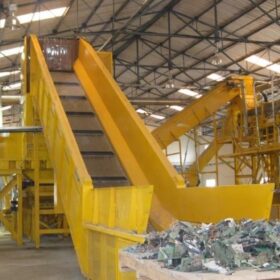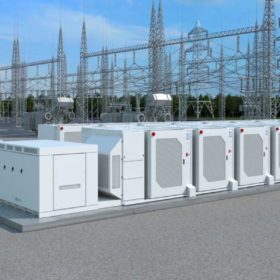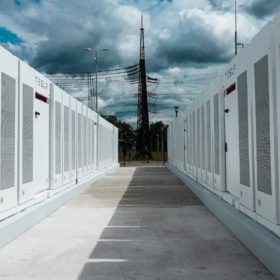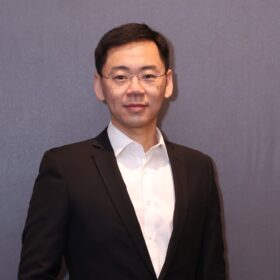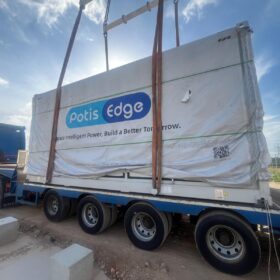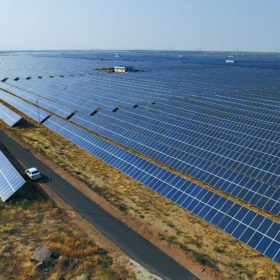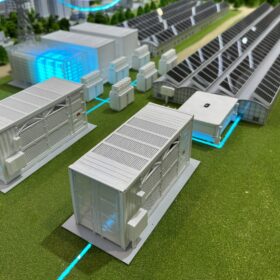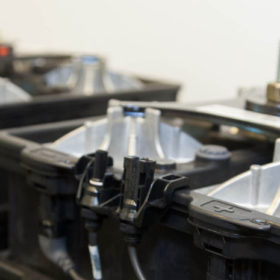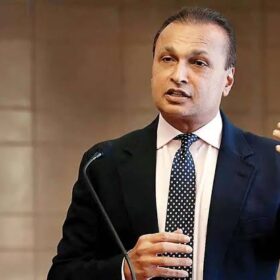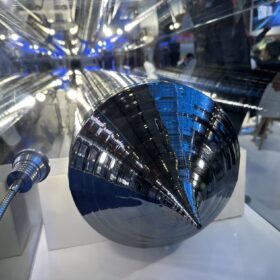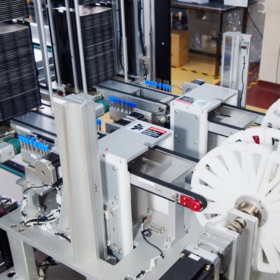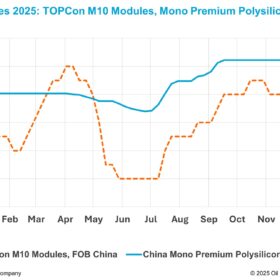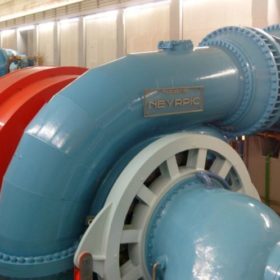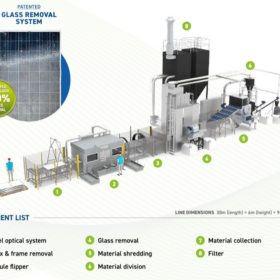Industry body IESA submits recommendations to strengthen battery recycling ecosystem
Industry body India Energy Storage Alliance (IESA) has called for clearly defined roles and responsibilities under the Battery Waste Management Rules, the adoption of global standards, recycled content targets aligned with emerging battery chemistries and domestic manufacturing, and support for eco-design to enable easier recycling.
TNGECL invites bids for 1.5 GWh standalone battery energy storage projects across Tamil Nadu
Tamil Nadu Green Energy Corp. Ltd (TNGECL) has launched a tender for setting up seven standalone battery energy storage systems (BESS) totaling 1,500 MWh (375 MW x 4 hours) in Tamil Nadu. The projects are eligible for viability gap funding (VGF) through the Power System Development Fund (PSDF).
GUVNL’s 2 GW/4 GWh standalone battery storage tender yields tariffs of INR 1.85–1.89 lakh per MW per month
The selected developers will set up battery energy storage projects in Gujarat, connected to the intrastate transmission system, on a build–own–operate basis. They will make the storage capacity available to Gujarat Urja Vikas Nigam Ltd for charging and discharging on an “on-demand” basis
India’s evolving battery landscape: An interview with Trina Solar’s Leo Zhao
Leo Zhao, Head of Energy Storage, Trina Solar Asia Pacific, speaks to pv magazine about why India is a strategic market for utility-scale energy storage, the latest trends and technology adoption, and Trina Solar’s plans for the market.
A late but decisive move to ESS: LONGi takes majority control of PotisEdge
China’s largest solar manufacturer seeks to escape shrinking margins by securing 62% voting control of a fast-rising storage integrator.
What can South Korea learn from India’s rapid solar deployment?
Korean policy analyst focusing on solar power plant siting and permitting, Daun Kim, has reported on her recent trip to India’s Bhadla Solar Park. The analyst highlights how clear siting policies and streamlined permitting helped India scale renewables, something that South Korea can learn as it pursues a 100 GW renewable energy target by 2030.
Three emerging structures for solar-plus-storage PPAs
The PPA price for pure photovoltaic projects has fallen by 20% over the past year, making such contracts less competitive. However, clear structures for bankable hybrid PPAs are now beginning to take shape, says Pieter van der Meulen, Senior Account Manager at LevelTen Energy, in an interview with pv magazine.
From waste to resource: Recovering critical minerals for solar and EV batteries
As India ramps up solar installations and EV deployments, the volume of end-of-life components will grow rapidly. If these are treated simply as waste, we create new environmental burdens and miss a chance to recover value. If, instead, they are viewed as sources of supply, they become part of the solution.
What will help India to reduce the $2 billion battery import bill?
India’s Production-Linked Incentive (PLI) programme for cell manufacturing has attracted investment into gigafactories and electrode production, but local manufacturing can only succeed if it has access to steady, domestic mineral feedstock. Recovered materials from end-of-life batteries can supply a meaningful share of that requirement, provided there is strong collection infrastructure, organised supply aggregation, and investment in processing technologies.
Reliance Power awarded 750 MW/3,000 MWh in SJVN’s FDRE tender
Reliance Power arm, Reliance Nu Energies, has received the letter of award for the largest allocation in SJVN’s tender for 1,500 MW/6,000 MWh firm and dispatchable renewable energy. It secured 750 MW/3,000 MWh, representing 50% of the total tender allocation in the competitive bidding based online auction process.
